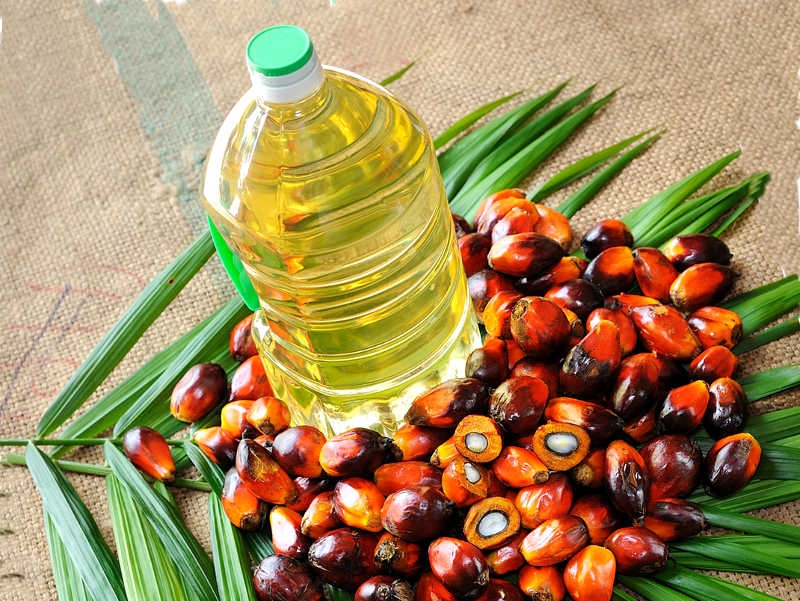Palm oil rises as Indonesia sets preconditions on resuming exports

Third month palm oil futures on the Malaysian derivatives exchange rose as much as 4% during afternoon trade May 20 after Indonesia announced that a resumption of exports from the country will be accompanied by domestic market obligations forits palm oil producers.
The August crude palm oil contract on the Bursa Malaysia Derivatives exchange was up 3.8% at MR 6,304/mt ($1435.4) at 3:34 pm local time May 20.
While Indonesia is the world’s largest palm oil producer and exporter, international prices of the commodity are underpinned by prices on BMD, the commodities exchange of the second-largest supplier Malaysia. Indonesia and Malaysia account for 85% of the world’s supply of palm oil.
Indonesia will maintain a domestic market obligation of 10 million mt of cooking oil, under which producers will have to reserve 8 million mt of cooking oil and 2 million mt of raw materials, the country’s coordinating minister for economic affairs Airlangga Hartarto said in a video broadcast May 20.
Indonesia will also determine the size of the domestic obligation for each palm oil producer in the coming days and the country’s logistics agency is tasked with building buffer stocks at 10% of total demand, Hartarto said.
“Given the 10 million mt requirement, looks like Malaysian palm oil is still in demand and that is causing bullishness in the crude palm oil [CPO] market today,” David Ng, senior trader at Kuala Lumpur-based IcebergX Sdn Bhd told S&P Global Commodity Insights.
Indonesia’s President Joko Widodo announced on May 19 that Jakarta is revoking a ban imposed in April on exports of crude and refined palm oil products starting May 23.
While the resumption in Indonesia’s outflows would ease tight supplies in the global vegetable oil market, the conditions set by Jakarta May 20 indicate that the factors influencing Malaysian output are still influencing markets, trade sources told S&P Global.
Now that the “fear factor” of when the ban will be removed is out of the picture, Malaysian factors such as rising exports in May and tapering production due to worker shortages at plantations would be key drivers, said Lingam Supramaniam, director with vegetable oil brokerage Pelindung Bestari at Port Klang Malaysia.
Malaysia’s exports rose between 20% and 30% in the first 20 days of May, according to data from various cargo surveyors such as Intertek and Amspec.
“We see limited downward pressure on palm oil prices as Indonesia’s policy is still not clear on DMO, export taxes, and levies,” Abdul Hameed, head of Pakistan-based Manzoor Trading Co. told S&P Global.
“Vegetable oil markets will be bearishly impacted in the coming days, but this may take some time as Malaysia is selling physical contracts of CPO at high prices and this will support prices in the near term.”
Indonesia’s export outlook for marketing year 2021-22 (October-September) was lowered on May 12 to 25 million mt by US Foreign Agricultural Service — a 12 year low — citing Jakarta’s slow export pace through the first six months of 2021-22 and various palm oil export policies in effect since November, 2021.
Tags: exports, domestic market, Indonesia, prices, Crude palm oil, Malaysia, palm oil, futures, cooking oil, refined palm oil
Read also
Growing demand for corn in Vietnam points to increased imports
BLACK SEA GRAIN. KYIV conference brought together grain market participants and ex...
Argentina bug invasion knocks $1.3 billion off corn crop
Growth of corn prices in Ukraine limits the fall in world prices
Argentine farmers call for ‘urgent’ end to wheat export taxes
Write to us
Our manager will contact you soon












